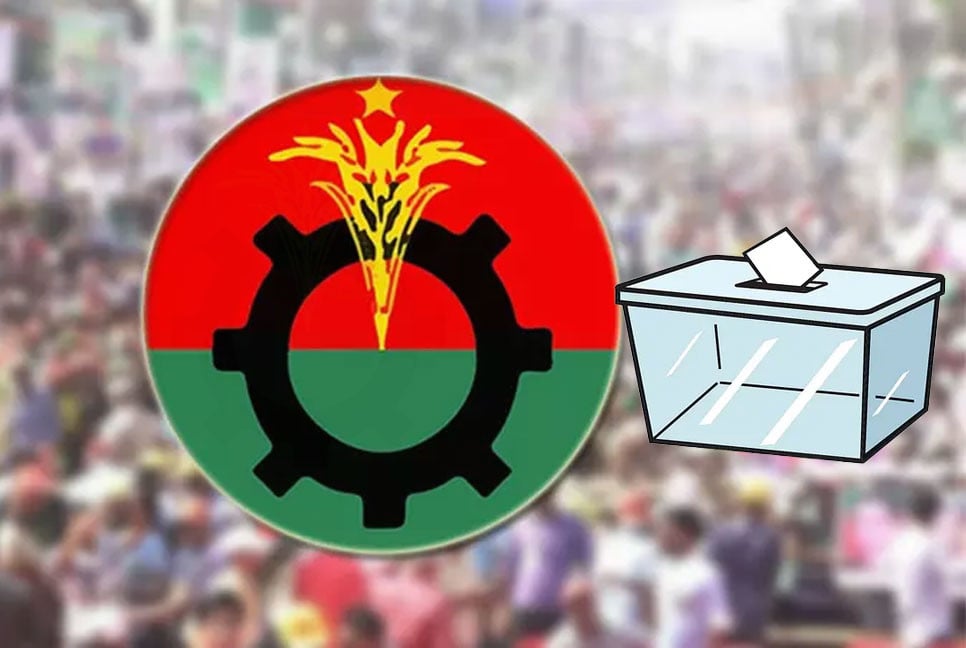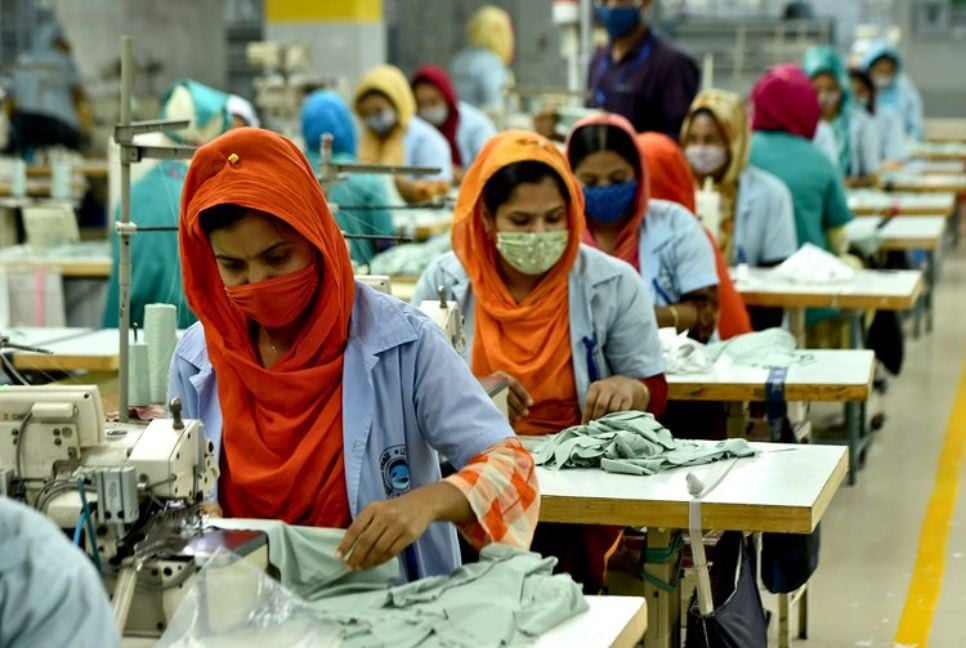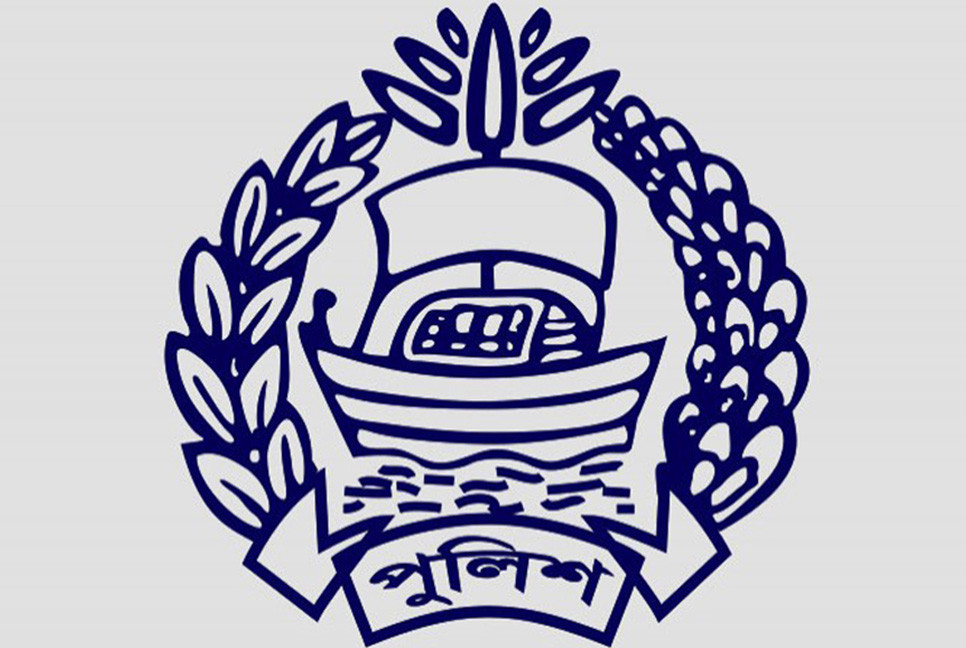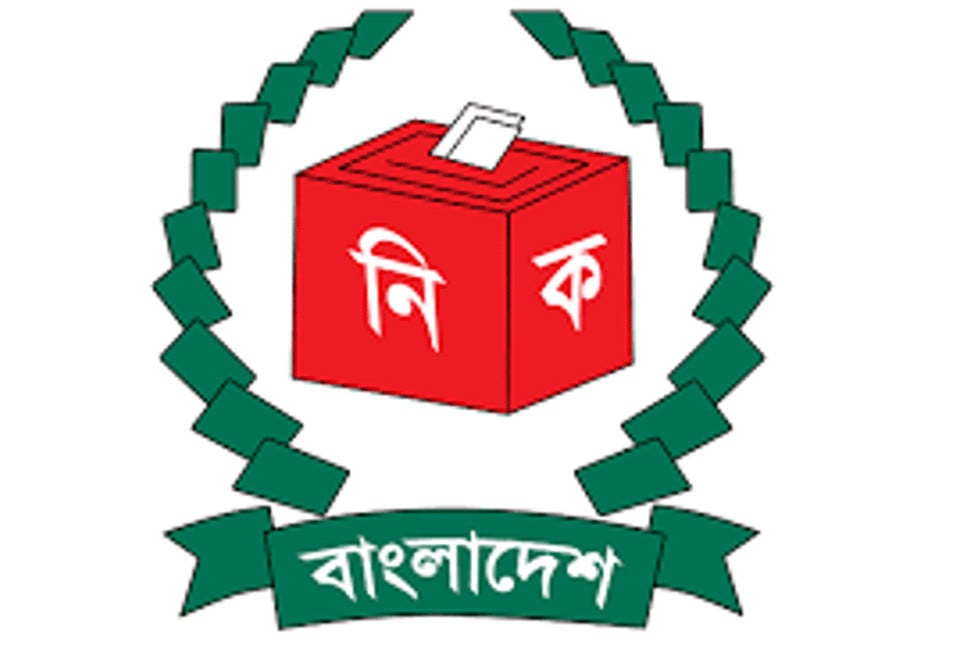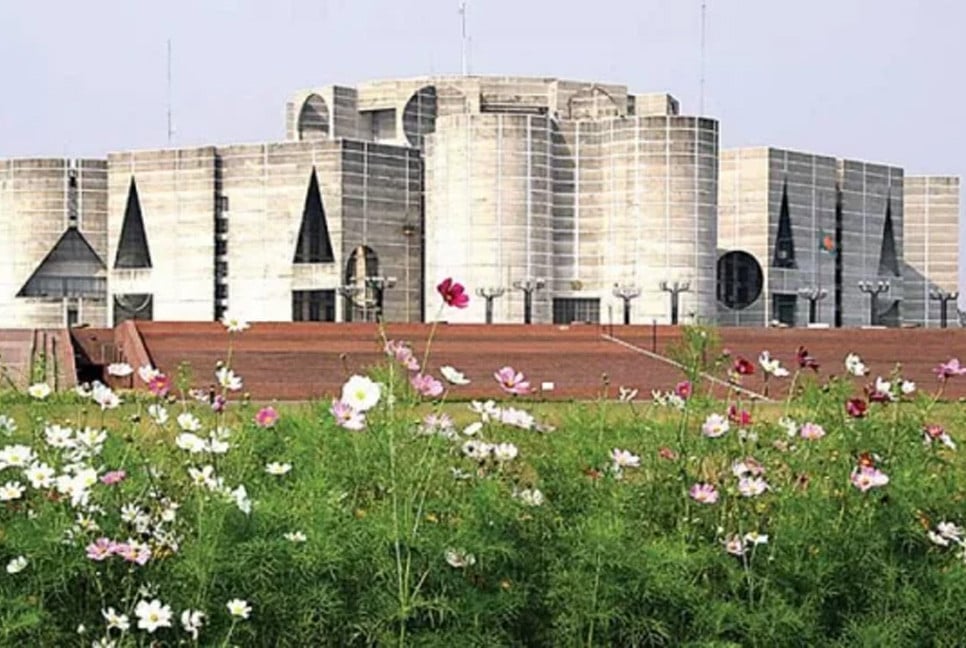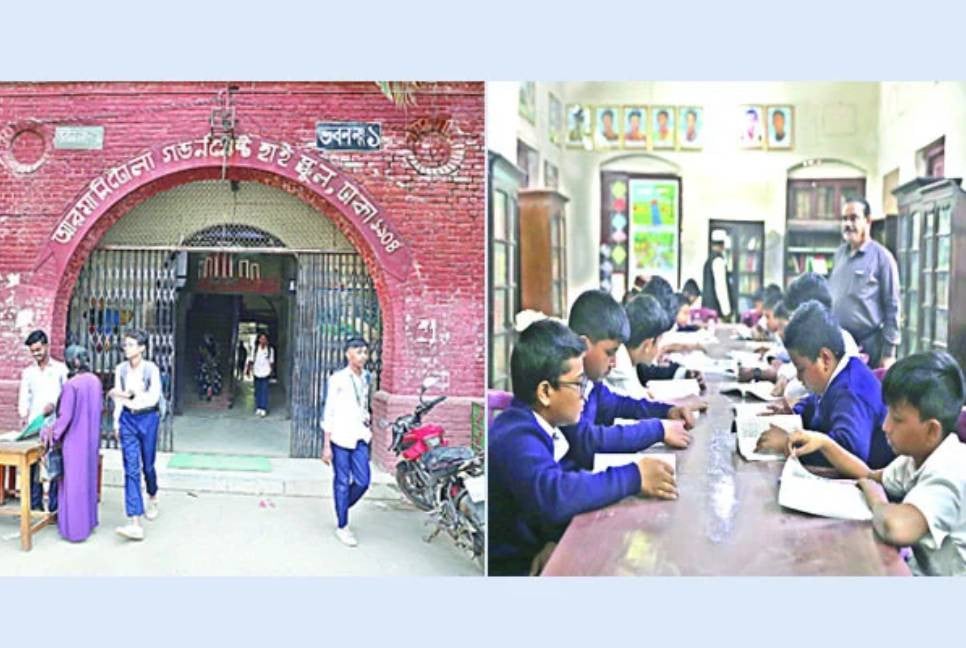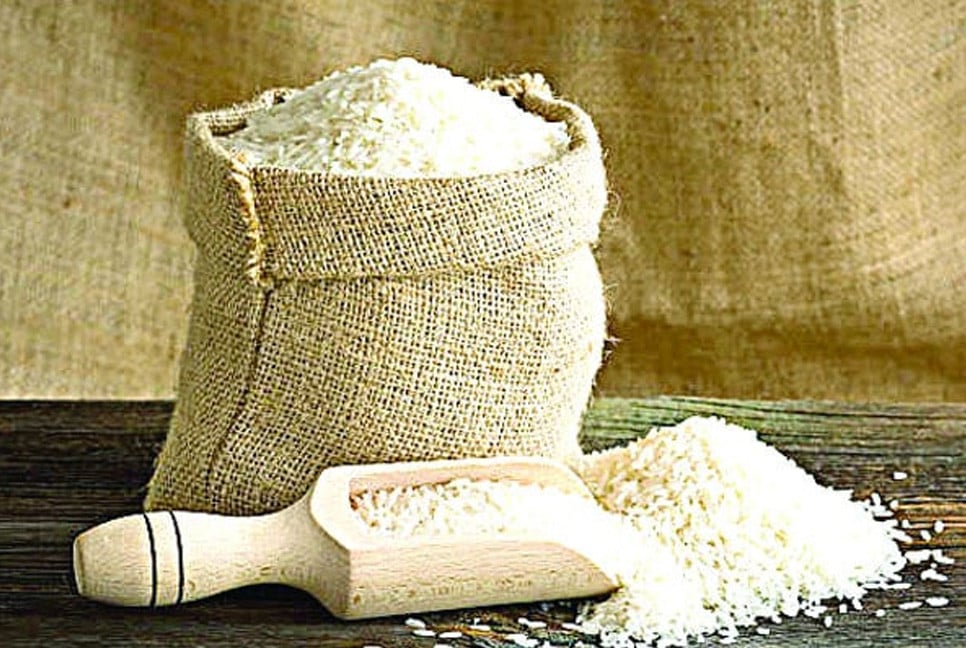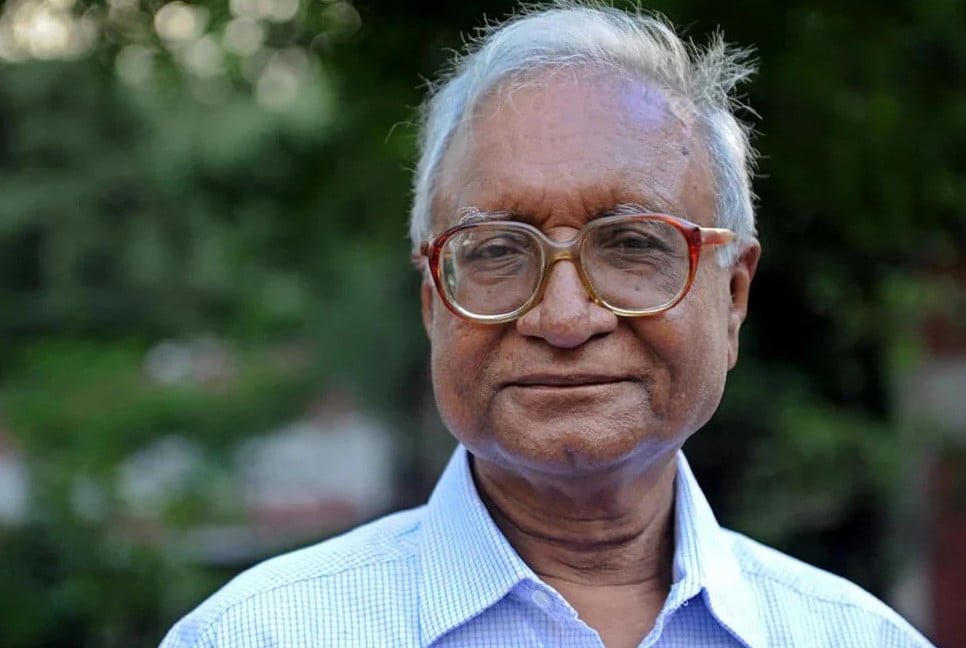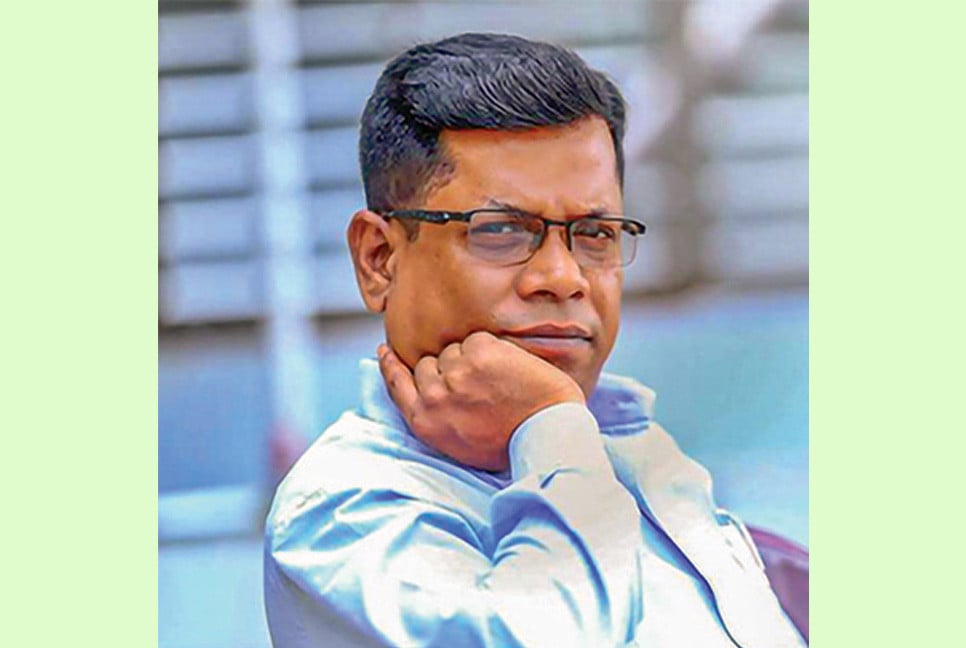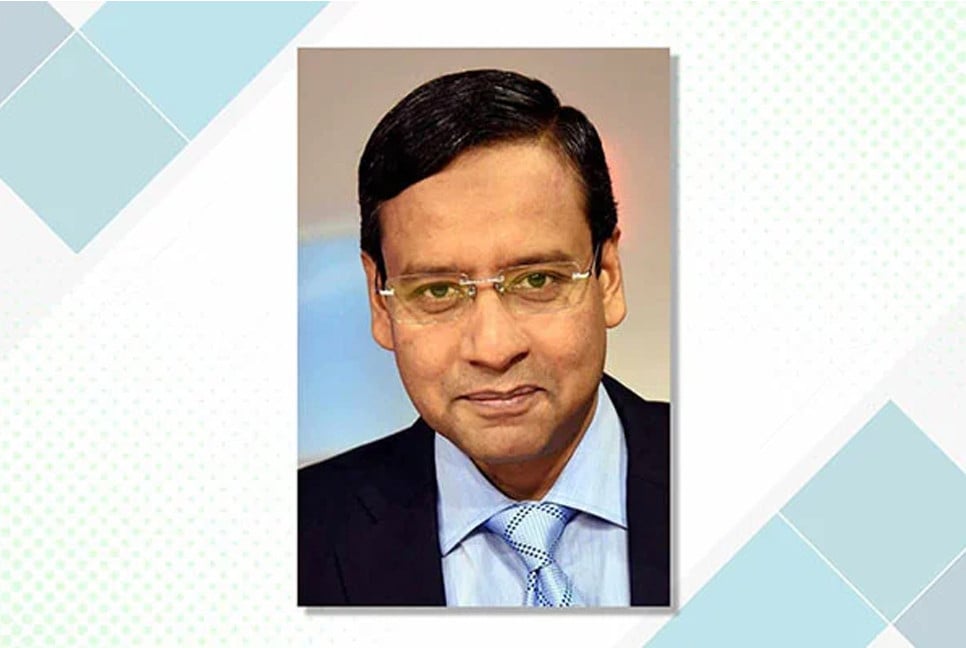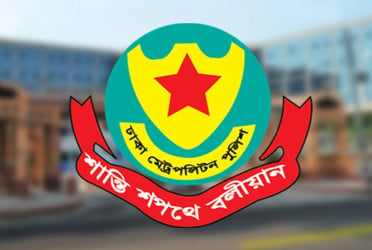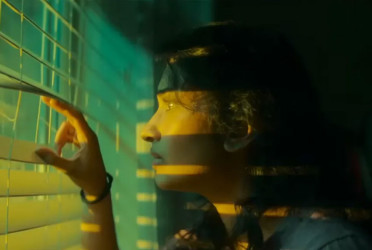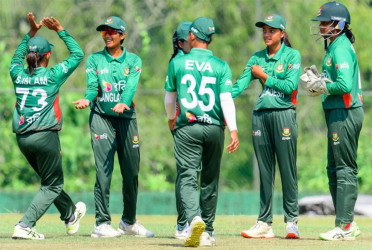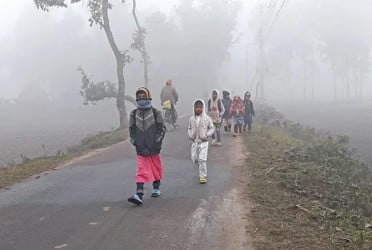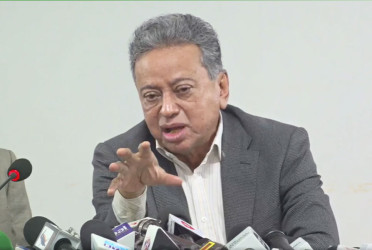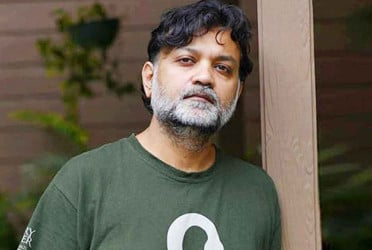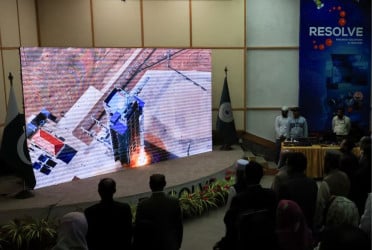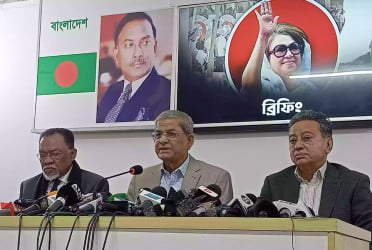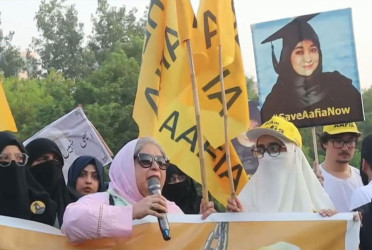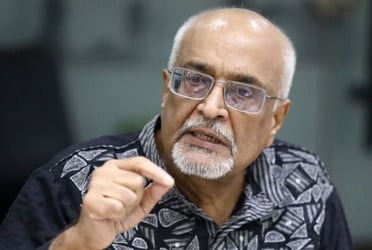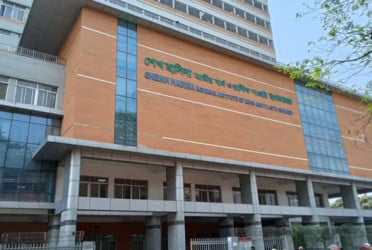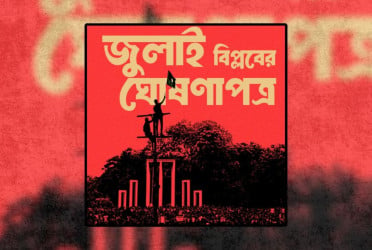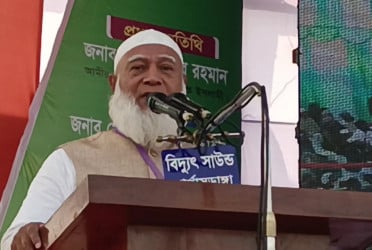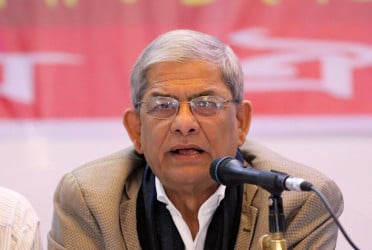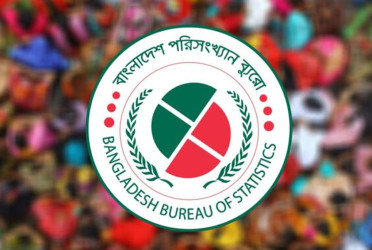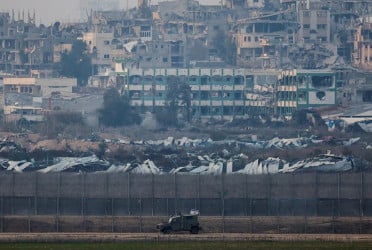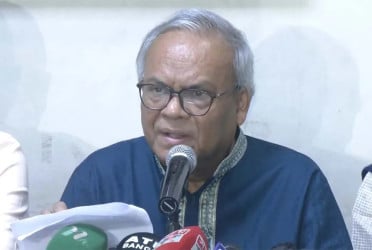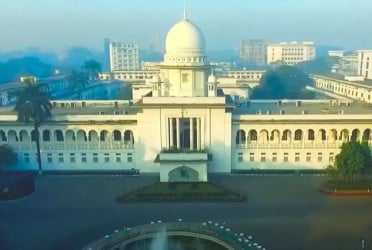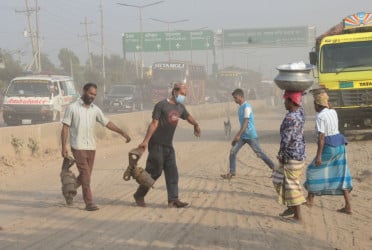Due to some man-made as well as other inevitable reasons, many murderers are getting acquitted of the murder case and the cases are also not getting finished.
For instance, a case was filed at Demra thana of the capital in February 22, 1998 for murdering a man named Ali Hossain. Four people were made accused in the case. Later on, the police found none is guilty over the incident and some other is involved in it. However, even after 24 years, the mystery behind the murder isn’t revealed. Even, the plaintiff of the case was died.
Thus, the people involved in murder are getting escaped from the legal procedures. The crime experts identified some reasons behind their not getting the verdict and due punishment.
The cases filed in Dhaka don’t suffer problems of faults and errors that much. Hence, the accused people are not getting acquitted. But, this type of incident is prevalent in other districts.
The police in Sylhet, after gathering information about for murder cases, found that a case was filed at Bishwanath Thana in Juy 11, 2011. The murder was happened due to previous conflict. After the cases being run for three years, the verdict was delivered in September 20, 2015; However, the accused persons were acquitted by the court. The accused of other three cases were got acquitted in the same year.
According to the police in charge of the investigation of those cases, during the trial period, compromise took place among the relatives of the victim and the accused. Hence, the plaintiff couldn’t present strong evidence to the court and the accused got scot-free.
A statistics is available to CID on the murder cases of 2019. According to the CID officials, no more yearly crime statistics has been published after that from the police headquarters. According to the stat of 2019, up to that year, CID made investigation over 2,251 murder cases. Among these, in the charge sheets of 640 cases, a total of 4,227 people were made accused. However, as the mysteries behind the murders in 187 cases were not cleared, final reports of those cases have been submitted without solving the complaints. And the number of cases under investigation was 1,250. According to their estimation, the rate of submitting charge-sheet was 64%.
The reporter of this article talked to one of the officers who were in charge of the investigation. The officer, Iftekharul Islam, the additional commissioner of DMP Gulshan division, said, “After the murder, as a supervising officer, I inspect the crime spot and collect various evidences. If the accused or any other persons is involved in the crime, then the investigation officers have been given all assistance and IT support to find out the real culprit. On the scrutiny of collecting evidence, importance is given over expert opinion. Above all, as a supervising officer, we try to keep the case in right direction.”
In a research report of Police Bureau of Investigation (PBI), it has been stated that in 239 murder cases, the punishment was done in 116 including delivering death sentence and life-term prison. The accused got acquitted in 123 cases, which is 51% of the total.
Analyzing the copy of the verdict, the report states that in maximum cases, the accused got acquitted due to internal compromise between the victim and the accused parties. In such matters, the prosecution does cross-examine the witnesses announcing them 'unfriend of the court.' According to the stats, the number of such cases is 45. Besides, in some cases, the accused got acquitted due to incapability of the investigation officers to prove the allegations and the number of such cases is 16. It happens because of not providing witness properly, inconsistency in autopsy report and fault in charge-sheets.
PBI chief, additional IGP Banaj Kumar mazumder said, “The investigation officer/s has to do fine tuning of the investigation and select strong witness. When the charge-sheet is submitted to the court, then the defense lawyer is in charge of supervising all the documents of the case and no duties are left for investigation officers. To ensure justice, we try to minimize the number of personal witness and give importance to witnesses based on other evidences. We suggest taking personal witness based on his/her mental readiness and strength.”
The Supreme Court lawyer, barrister SM Ashraful Islam said, “There’re some incidents of making wrong people accused by fault. So, this type of mistake in filling case makes the accused free. And if the by-laws of the case is not in accordance with the crime, then the case doesn’t get the expected verdict.”
@The report was published on print and online versions of The Bangladesh Pratidin on February 3 and rewritten in English by Lutful Hoque


